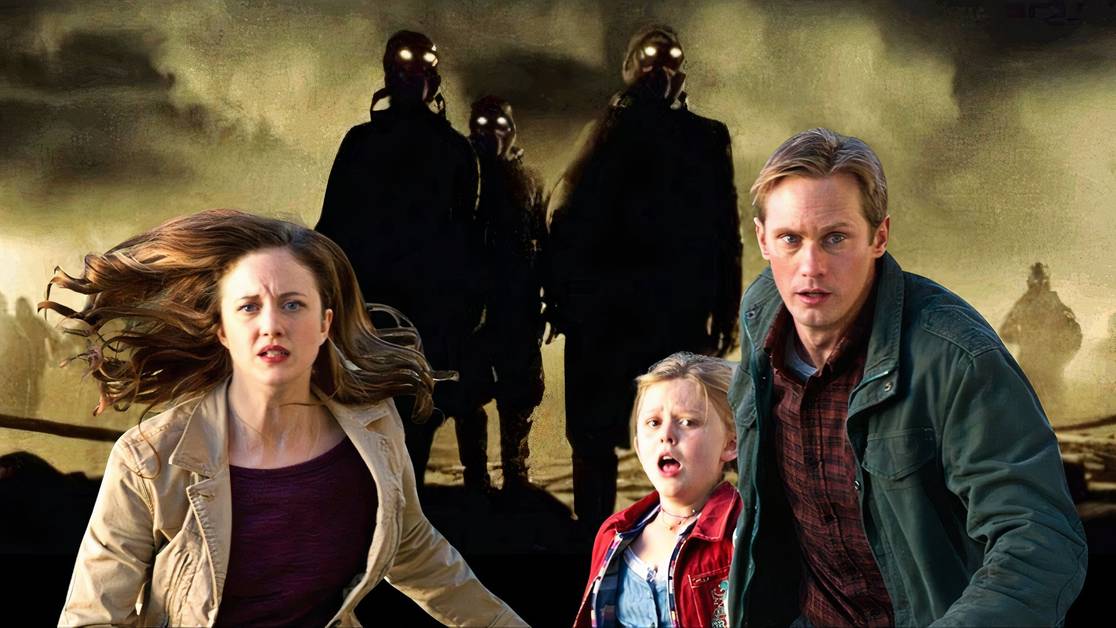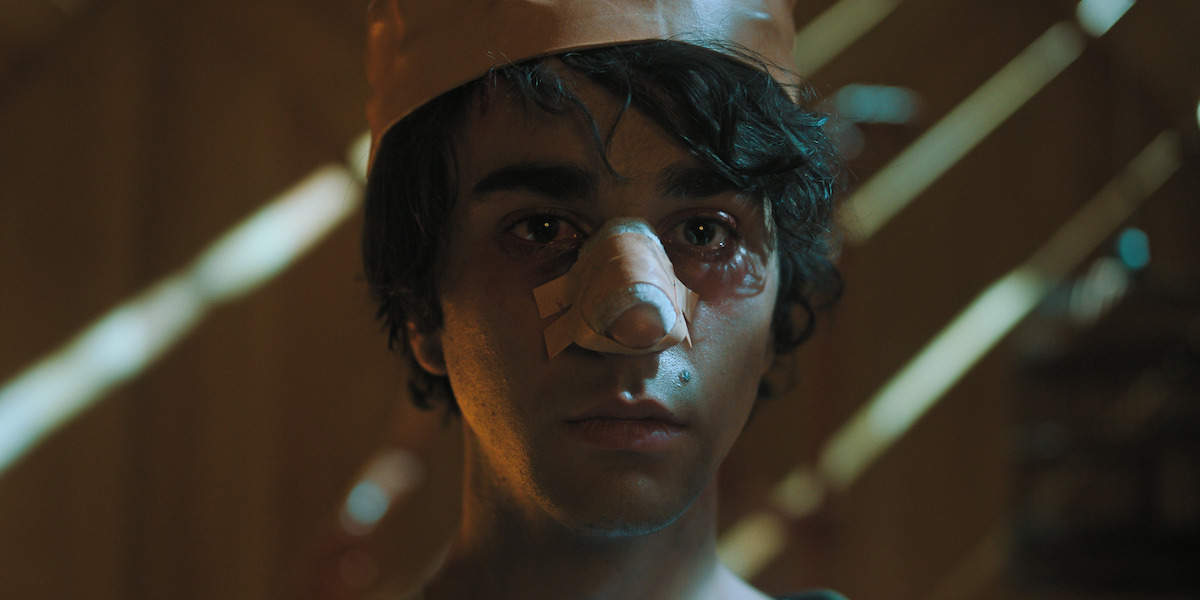RAMBO: LAST BLOOD (2019) – A Battle for Legacy and Family Blood
Rambo: Last Blood marks Sylvester Stallone’s gritty final chapter as the iconic John Rambo, stripped of camouflage but not of purpose. The film is less an explosive battlefield saga, and more a grim return to his roots—an emotional reckoning born from years of silence and sacrifice.
Rambo lives a quiet, dusty life on his late father’s ranch in Arizona. He finds peace in tending horses, restoring the land, and caring for Maria and her niece Gabriela—young women kidnapped from their home in Mexico and rescued by Barry (played by Sergio Peris‑Mencheta). When Gabriela travels to Mexico and is swallowed by a violent cartel, Rambo’s protective peace shatters.
What follows is not just a rescue mission—it is vengeance at its rawest. Rambo crosses borders back to the land of his past nightmares. His grief and trauma transform into vengeance for one final time. As he dismantles the cartel’s operation in a ruthless spiral of ambushes and explosives, every kill is driven by familial loss, not ideology.
Stallone’s performance is stripped down yet intense. He carries age and sorrow in every move, every scowl, every silent moment before chaos erupts. While Abby Quiñones brings life and innocence as Gabriela, the true emotional anchor remains Rambo’s broken loyalty to family—chosen and inherited.
Visually the film is stark and grounded. Dusty desert landscapes contrast with dimly lit cartel compounds deep in Mexico. The violence is brutal, visceral, and unflinching. Gun battles are loud and chaotic, traps are precise and savage, and Rambo’s old war wounds add weight to every bullet fired and bone shattered.
Critics split on the ending. Some argue it feels overlong or too symbolic. Yet for fans of franchise it delivers the rage and resilience that defined Rambo across five films.
In the end Rambo: Last Blood is not just about war—it’s about blood owed and debt paid. A final stand not for victory, but for closure.



